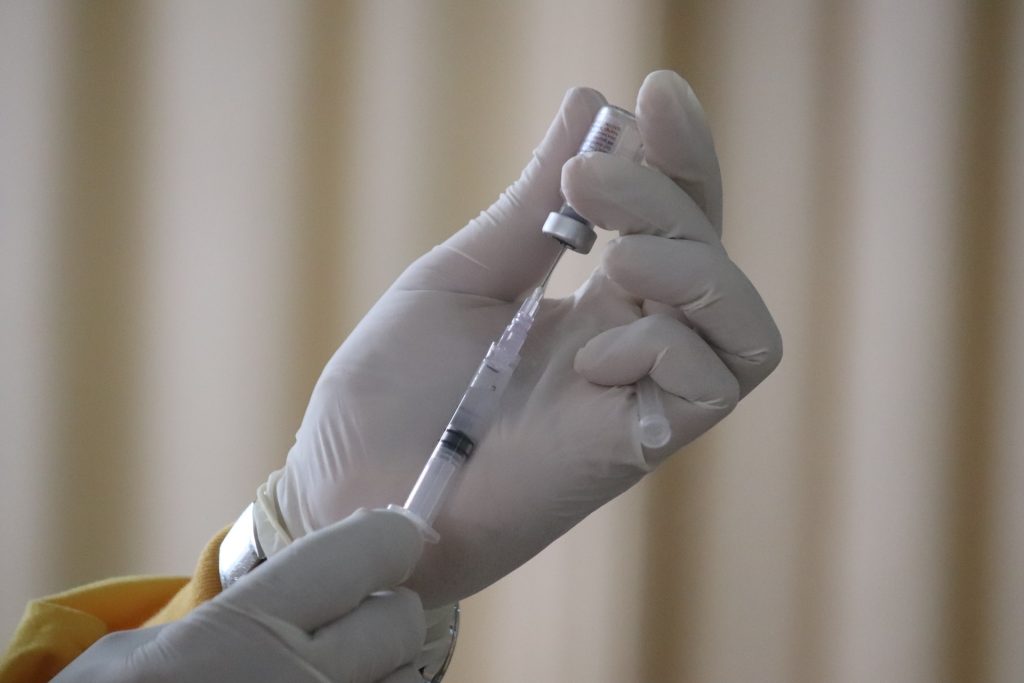A Revolutionary ‘Single Shot’ Malaria Vaccine Delivery System
Oxford researchers have developed programmable microcapsules to deliver vaccines in stages, potentially eliminating the need for booster shots and increasing immunisation coverage in hard-to-reach communities.

A team of scientists at the University of Oxford has developed an innovative vaccine delivery system that could allow a full course of immunisation – both initial and booster doses – to be delivered in just one injection. In preclinical trials, the technology provided strong protection against malaria, matching the efficacy of traditional multi-dose vaccination regimens.
Luca Bau, Senior Researcher from the Institute of Biomedical Engineering, said: ‘Reducing the number of clinic visits needed for full vaccination could make a major difference in communities where healthcare access is limited. Our goal is to help remove the barriers that stand in the way of people benefiting from life-saving medical innovations.’
The findings offer hope for a simpler, more effective approach to immunisation, particularly in regions where access to follow-up healthcare is limited.
A new weapon in the fight against preventable diseases
The research, published in Science Translational Medicine, addresses a major challenge in global health: ensuring people return for all required vaccine doses. Missed boosters are one of the biggest barriers to achieving full immunisation, leaving millions vulnerable to preventable infectious diseases.

To tackle this, the Oxford team developed tiny biodegradable capsules that can be co-injected with the first vaccine dose and programmed to release the booster dose weeks or months later. In a mouse model, this “single shot” strategy using the R21 malaria vaccine protected against the disease nearly as effectively as the standard two-dose schedule.
Simple, scalable, and injectable
The microcapsules are made using a patented chip-based microfluidics system that is compatible with existing pharmaceutical production methods. This means the technology can be scaled up rapidly for clinical use and eventual deployment in the field.
Romain Guyon, Post-Doctoral Scientist, inventor of the technology and the lead author on the study said: ‘Our approach solves three of the biggest problems in delayed vaccine delivery: how to make it programmable, injectable, and scalable. The microcapsules are precisely engineered to act as a tiny, timed-release vault, allowing us to dictate exactly when the booster dose is released. We believe this could be a gamechanger not just for malaria but for many other vaccines requiring multiple doses or other complex therapeutic regimens.’
The capsules are made from an approved biodegradable polymer (PLGA) and filled with the R21 malaria vaccine. Once injected, the priming dose works immediately, while the capsules burst within the body to release the booster after a set delay. Researchers were able to fine-tune this delay from two weeks to several months.
Looking ahead
The team is now working to adapt the manufacturing process in preparation for early-stage human trials, attracting interest from pharmaceutical partners and global health organisations.
Anita Milicic, Associate Professor at the Jenner Institute, Nuffield Department of Medicine, said: ‘This is the exciting first step in proving that it is possible to administer the full immunisation complement through a single injection. We now turn to the next challenge: adapting and refining the approach for translation into the clinic, towards ultimately delivering a real-world impact.’
If successful, this technology could revolutionise vaccination campaigns, particularly in areas where logistics and healthcare access make booster schedules impractical. With 20.5 million children missing routine vaccinations in 2022 alone, the implications of a truly single-dose vaccine could be enormous.
Source: University of Oxford

